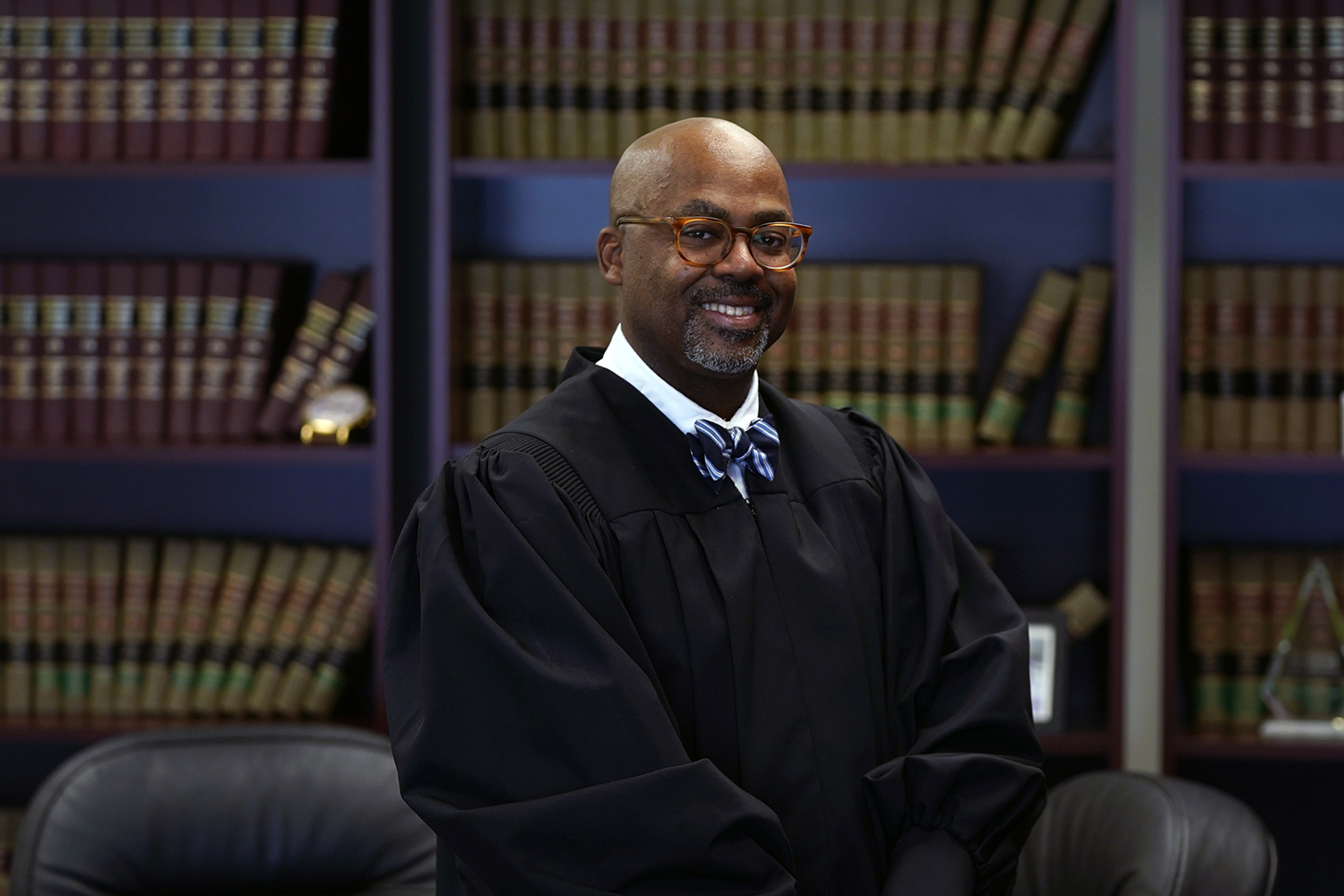With nearly 400,000 annual case filings, Michigan’s 36th District Court in Detroit is by far the state’s largest court system – and one of the busiest in the country. It is also the only court in the state that has meaningfully reformed its outdated and ineffective cash bail system – a change applauded by the court’s Chief Judge as “groundbreaking” in a recently published op-ed.
Writing in The Detroit News, Chief Judge William McConico articulates the positive impacts of Detroit’s cash bail reform, which is in-line with national trends: “By limiting the use of cash bail to exceptional cases, Detroit has joined more than a dozen other jurisdictions across the country that have reduced its reliance on cash bail. In not a single one of these jurisdictions has there been an uptick in crime…Fewer Michiganders are incarcerated pretrial, and our community is safer as a result.”
In the years since these reforms, Detroit has seen a dramatic decrease in crime and many Michiganders charged with low-level offenses are now able to prepare for trial from home, where they can more easily access legal counsel and community-based services. More often than not, this pretrial freedom results in greater stability and improved community safety. As Chief Judge McConico puts it, “cash bail reform and community safety are fundamentally compatible.”
Meaningful as these reforms are, they are limited to one city in one state; thousands of Michiganders in jurisdictions outside of Detroit remain behind bars for low-level offenses because they can’t pay bail. That’s why Judge McConico is now calling upon Michigan’s legislature to improve the pretrial system statewide: “To ensure that all Michiganders benefit from these changes, we need our state lawmakers to pass legislation.”

“To ensure that all Michiganders benefit from these changes, we need our state lawmakers to pass legislation.”
Creating a truly just pretrial system is a statewide issue, and necessitates a statewide solution. Michigan’s House Bills 4655-4662, currently in the House Criminal Justice Committee, would do just that, bringing comprehensive, statewide change to the pretrial system by limiting the use of cash bail and ensuring that every person charged with a crime is presumed innocent until proven otherwise.
The need for cash bail reform is obvious: in the United States, cash bail creates a two-tiered system of justice where only people with money are entitled to the presumption of innocence – a fundamental constitutional protection. Poor people, on the other hand, are punished before they’ve been found guilty of a crime. While incarcerated, they lose jobs, homes, and custody of their children; their physical and mental health declines. Many risk physical violence and even death. Some accept guilty pleas just to go home. That’s not fair and it’s not just.
We all deserve to be and feel safe in our communities, but cash bail doesn’t create safety, nor does it prevent crime. We need our lawmakers to do more to tackle the root causes of crime and minimize the harm caused by unnecessarily incarcerating people simply because they’re too poor to pay bail.
All Michiganders have a right to be treated fairly and equally by their justice system – but that right is not yet reality. As Judge McConico urges: “It’s time for lawmakers to act.”
Thank you for your valuable attention. The urgency and complication of the cash bail crisis requires meaningful participation to create real change – change that is only achieved through the support of readers like you. Please consider sharing this piece with your networks and donating what you can today to sustain our vital work.












